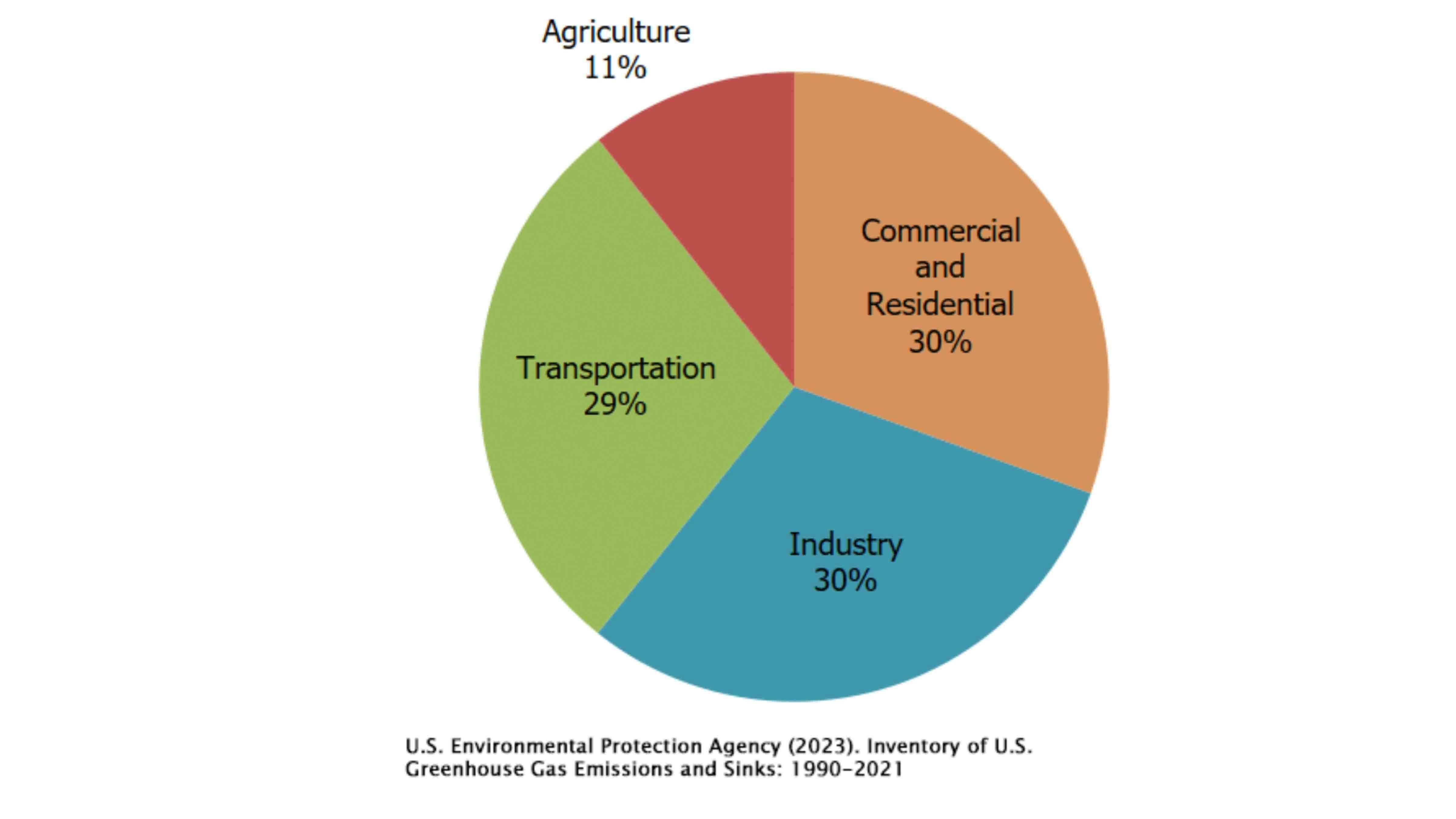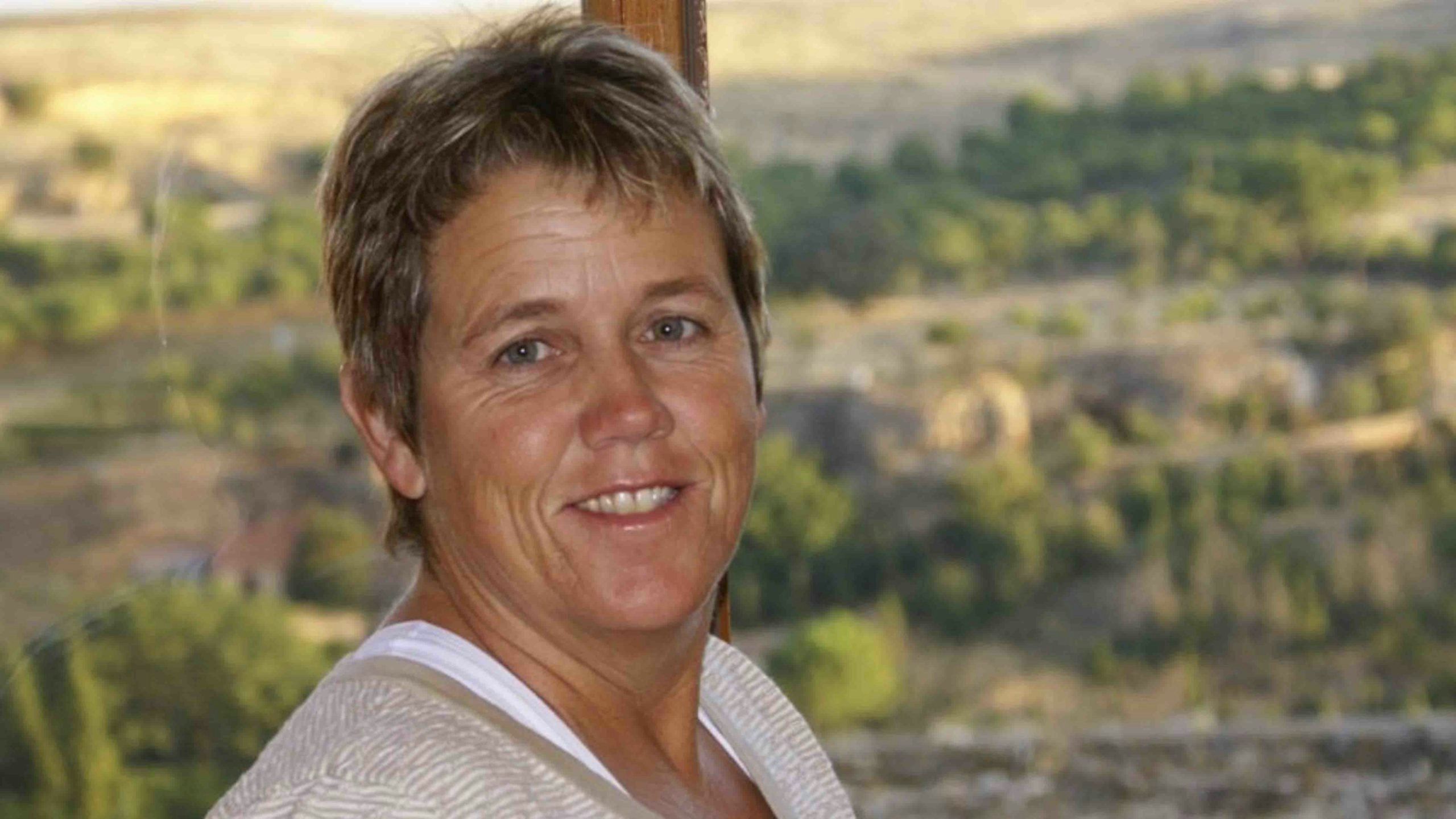Most readers will have heard about the 30x30 program that seeks to have 30% of the earth under a protective designation by 2030, and the Biden Administration has signed on, committing to conserving 30% of American lands and waters by 2030.
The administration named this U.S. initiative “America the Beautiful."
But you may not have heard of 50by40, “a coalition of organizations dedicated to cutting the global production and consumption of animal products by 50% by 2040.” They’ve declared, “Livestock production is the New Coal.”
The chairman of the board of directors of 50by40 is Charles Laue, a vegan and animal rights philanthropist who also serves on the boards of the Humane Society of the United States and the Good Food Institute, created to promote plant- and cell-based alternatives to animal products “to effect the transformation of the global food system.”
He’s also founder of Stray Dog Capital, a venture capital fund that invests in companies producing plant-based and alternative protein foods.
The 50by40 collaboration includes organizations “each working to transform the global food system—whether focusing on climate change, health and nutrition, meat reduction and alternatives, sustainable food systems, Just Transition, or other strategies to help us achieve our collective goal.”
The goal of the project is to reduce global production of animal products by half by 2040, with “strategies” based on a variety of focus areas, from animal rights to climate change – but all joined together in their single goal.
It’s the climate change argument to which most of these special interest groups have coalesced, and there are a variety of networks working toward this end.
For example, climate change is now used by anti-livestock groups like the Center for Biological Diversity and Western Watersheds Project; “creative confrontation” groups like Greenpeace; wolf advocacy groups like Wolves of the Rockies and National Wolfwatcher Coalition; vegan and animal rights organizations and businesses; and advocacy groups like Footloose Montana, Project Coyote and WildEarth Guardians.

All of these organizations signed onto a letter to USDA Secretary of Agriculture Thomas Vilsack earlier this year requesting he “immediately make meat and dairy reduction a key part of USDA’s climate strategy” and to align all USDA programs with this new strategy.
The letter suggested, “Cutting 90% of U.S. beef consumption and reducing half our consumption of other meats with plant-based foods would save more than 2 billion tons of greenhouse gases from being released by 2030 – equivalent to taking nearly half the world’s cars off the road for a year.”
The letter did not acknowledge the variety of ways that U.S. animal agriculture is working to reduce its greenhouse gas emissions, or that animal ag is a small portion of such emissions in this country.
Individuals signing the letter included British opinion columnist George Monbiot, trophic cascades researcher William Ripple of Oregon State University, and others who identified themselves as scientists, including Matthew Hayek and Jennifer Jacquet.
Other than Greenpeace, Hayek and Jacquet are probably the two most favored sources by major media outlets in criticizing animal agriculture while also promoting “alternative” proteins.
They were colleagues at New York University before Jacquet moved over to the Brown University’s Climate Social Sciences Network.
Both institutions receive funding from animal rights and vegan philanthropists. Jacquet has been quoted, “We need the animal agriculture equivalent of ‘keep it in the ground’ for fossil fuels.”
Another strategy against animal ag appears to be occurring in banking. The United Nations-convened Net Zero Banking Alliance (NZBA) is a group of leading global banks committing “to transition the real economy to net-zero greenhouse gas emissions by 2050.”
US banks joining this alliance include Bank of America, Citi, JP Morgan Chase, Morgan Stanley, Goldman Sachs, Wells Fargo, Areti Bank, and Amalgamated Bank. Concerned with NZBA’s potential impact to American agriculture, a group of 12 state agriculture commissioners joined together in sending a letter to the banks expressing their concern that NZBA’s policy could harm food production and result in increased prices, decreased food availability, and limited credit access for farmers.
That caught the attention of a group of Congressional members who sent a similar letter to the NZBA banks, pointing out: “The policies the UN has pursued and supported to achieve net-zero greenhouse gas emissions in agriculture have incited record-high food inflation, significant reductions in agricultural production, and an increased need in humanitarian assistance. At a time when global demand for food is rising and wars continue to affect the global supply of food and agriculture inputs, we cannot sacrifice our nation’s food security to the demands of the far-left climate agenda.”
Animal rights activists have also recognized that the both climate movement and alternative protein market presents “an important opportunity for the animal protection movement” to advance the potential to “eventually make animal-free consumption a social norm.”
People who question the scientific methodology used in attempt to cause broad societal change are accused by climate change activists and academics as climate change deniers or “obstructionists.”
But it’s important to know that all who are promoting a climate crisis aren’t exactly honest brokers.
Cat Urbigkit is an author and rancher who lives on the range in Sublette County, Wyoming. Her column, Range Writing, appears weekly in Cowboy State Daily.





